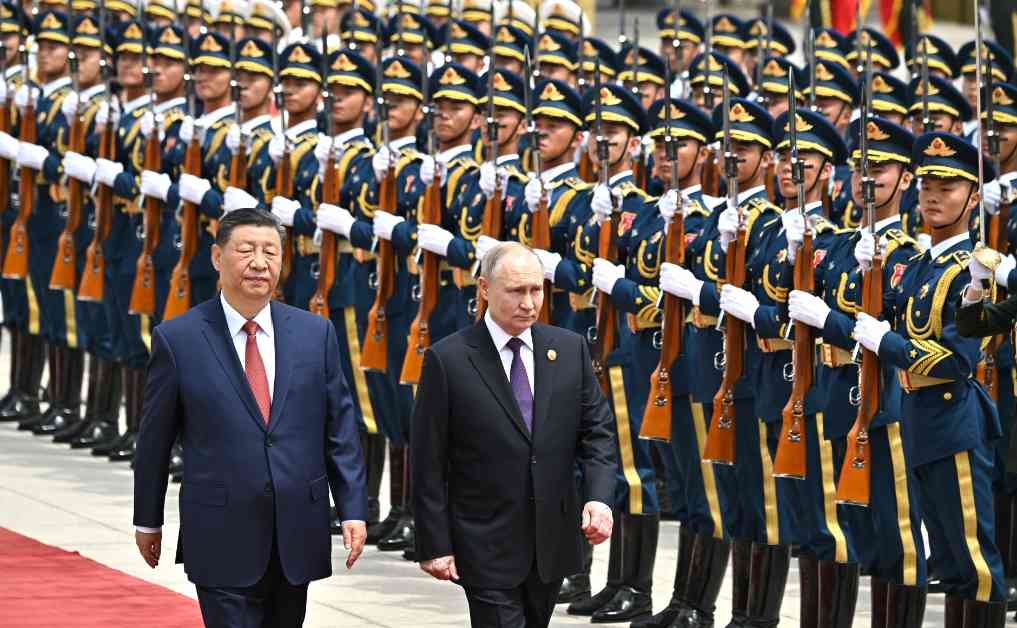Former UK Defense Chief Urges West to Build Prison Walls Around Russia
After nearly three years of full-scale war, former British Defence Secretary Ben Wallace is urging the West to take drastic action against Russia. In a recent report by The Telegraph, Wallace suggests that the West must isolate Russia by building “prison walls of its own making” around the country. Despite multiple sanctions, Russia continues to defy international norms, prompting Wallace to call for a more robust approach.
EU Prepares 16th Sanctions Package Against Russia
As of 14 January 2025, the European Union is gearing up to implement its 16th sanctions package against Russia. This move comes in response to Russia’s ongoing aggression, particularly its full-scale invasion of Ukraine three years ago. The new sanctions are set to be adopted on 24 February 2025, marking a significant milestone in the conflict.
Challenges in Enforcing Economic Measures
Despite previous sanctions, Russia has found ways to circumvent economic restrictions and continue its military activities. Moscow has been able to acquire necessary components for weapons production, fueling its war against Ukraine. Wallace highlights the presence of wealthy supporters of Russian leader Vladimir Putin in Europe and America, allowing Russia to evade international pressure.
Building Stronger Diplomatic Pressure
Wallace emphasizes the need for collective action to contain Russia’s influence. He calls for the construction of higher prison walls around Russia, patching any gaps in existing measures. Additionally, he advocates for diplomatic pressure on countries like Cyprus, the UAE, and Switzerland, which serve as havens for the Russian elite. By tightening restrictions and closing off avenues of support, Wallace believes the West can effectively curb Russian aggression.
As we navigate the complexities of international relations and security threats, Wallace’s warning serves as a stark reminder of the challenges posed by Russia’s behavior. It prompts us to reflect on the broader implications of geopolitical tensions and the critical role of diplomatic efforts in maintaining global stability. As we grapple with these issues, it is essential to stay informed and engaged, recognizing the interconnectedness of our world and the impact of strategic decisions on international peace and security. Through vigilance and cooperation, we can address the evolving threats posed by aggressive regimes and work towards a more secure and peaceful future for all.

















